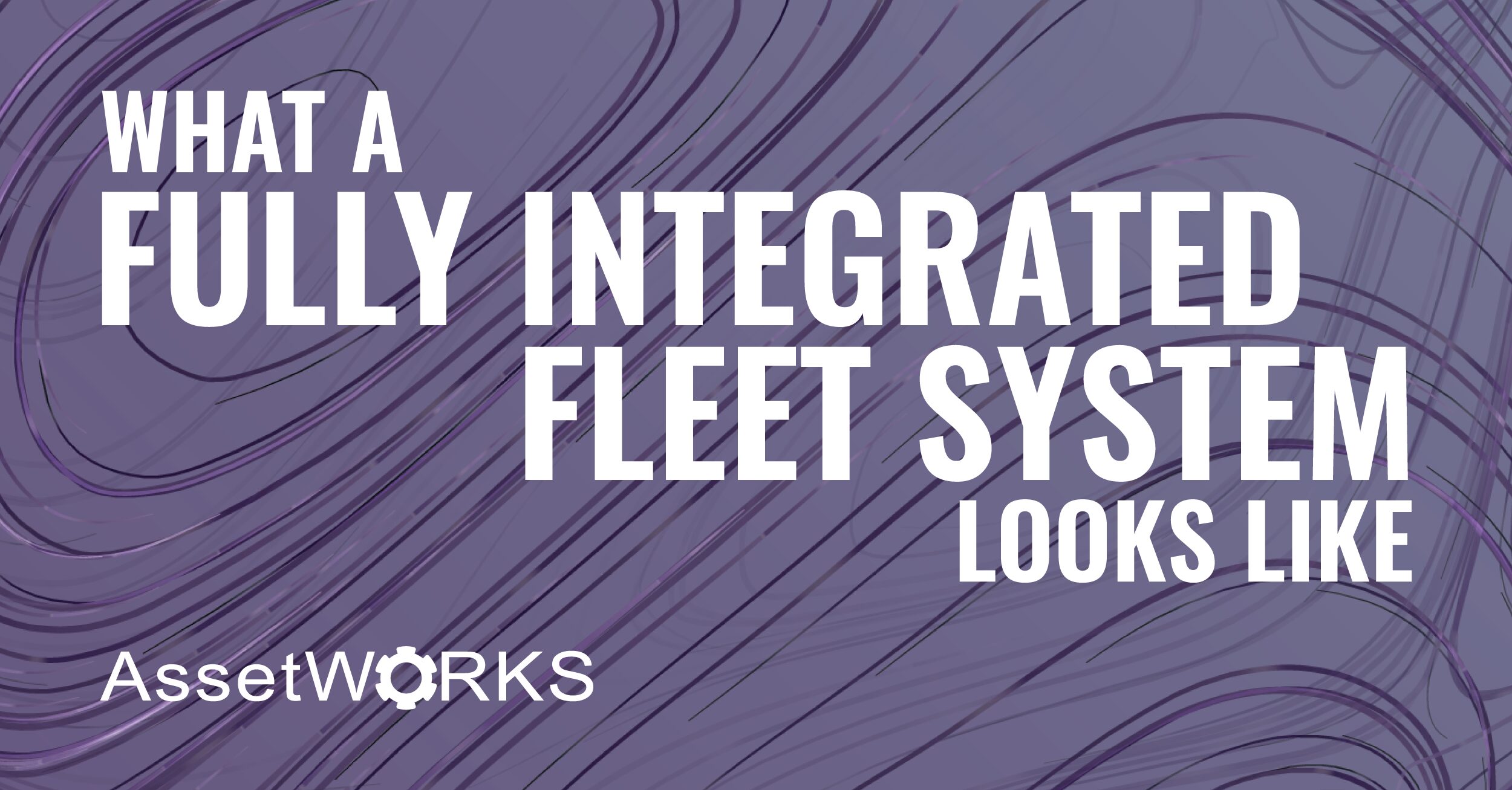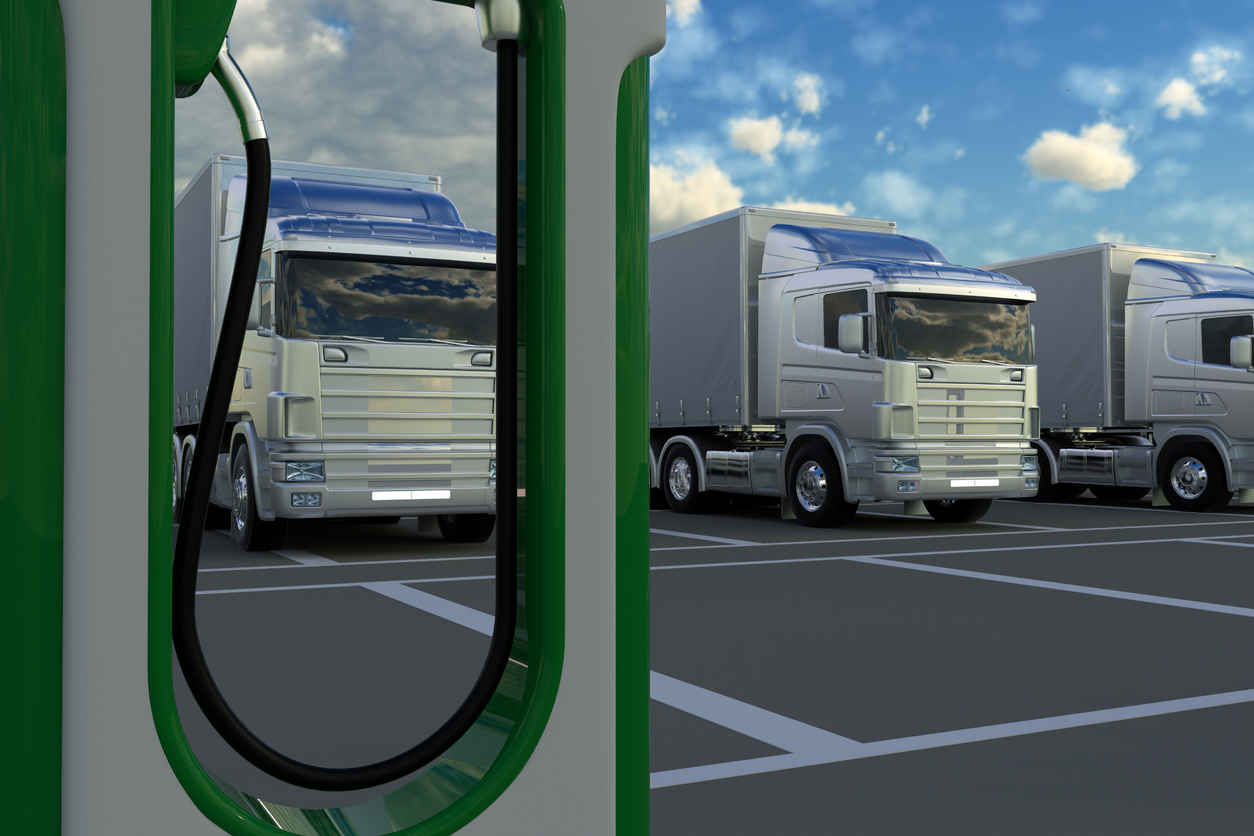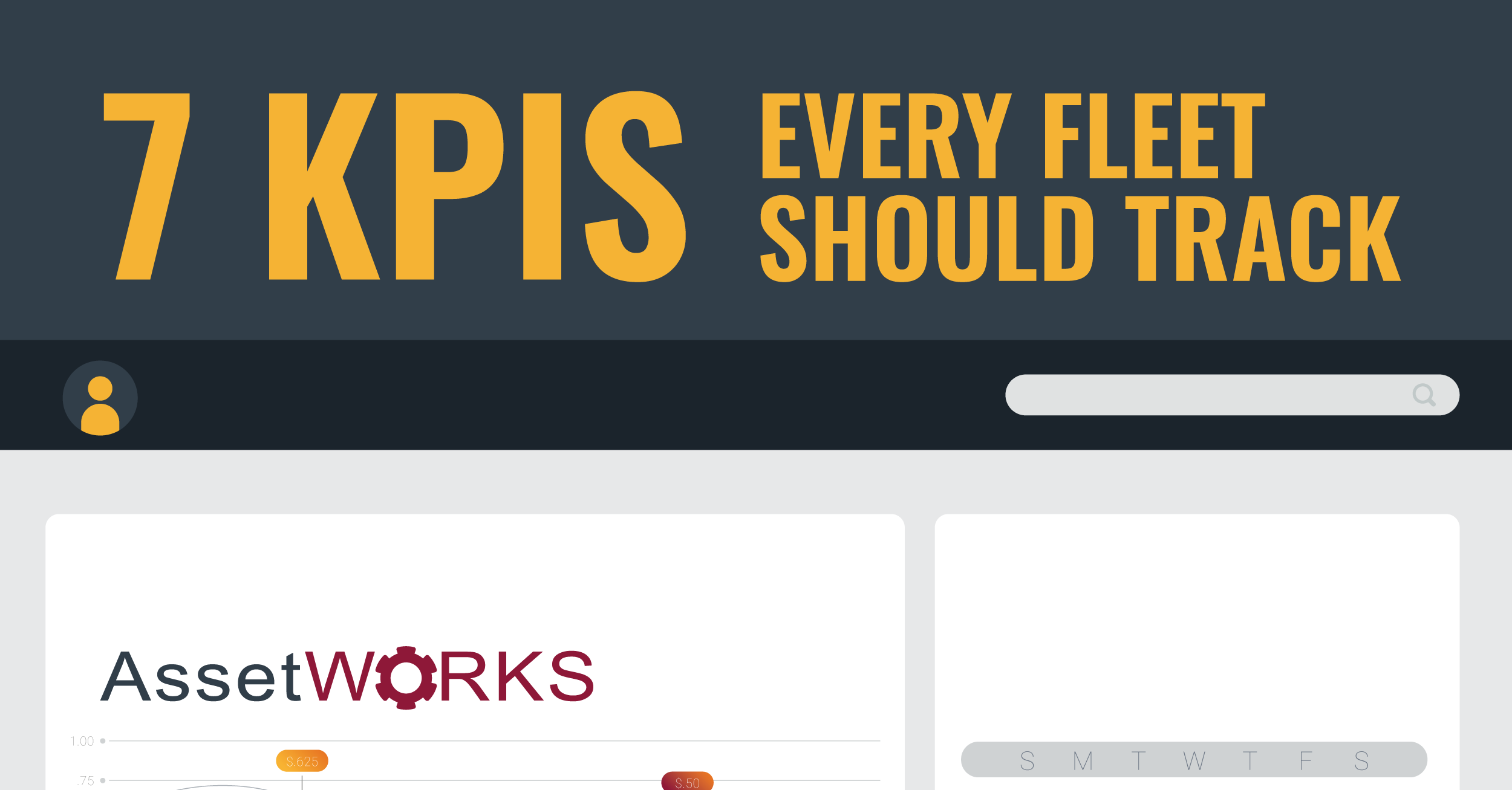Overview
This analysis delves into how Generation Z—born between 1997 and 2012 and now entering the fleet sector—prioritizes purposeful work, sustainability, continuous tech-driven learning, flexible roles, and inclusive culture when evaluating fleet careers. It outlines actionable strategies for fleet employers to attract, engage, and retain Gen Z talent, including showcasing electric vehicle (EV) adoption and digital tools, offering structured career paths and mentorship, and emphasizing diversity, equity, and inclusion (DEI) and work-life balance.
The transportation and logistics sectors are experiencing a demographic transformation as Generation Z (born 1997–2012) enters the workforce in growing numbers. This new cohort of professionals brings tech-savvy perspectives, a demand for purpose-driven work, and an expectation for ongoing growth opportunities. For fleet managers responsible for large-scale operations, understanding what Gen Z seeks from fleet careers is essential to attract, recruit, and retain talent capable of future-proofing business performance.
This post explores Gen Z’s defining characteristics, career priorities, and expectations within the fleet industry. You’ll discover actionable strategies for appealing to Gen Z employees, practical steps employers can take to modernize their approach, and data-driven examples of fleets already achieving success. Fleet leaders who understand and adapt to Gen Z’s mindset will not only secure the next generation of drivers, technicians, and managers but also boost efficiency, compliance, and innovation across their organizations.
Who Is Gen Z and Why Their Influence Matters
Gen Z represents the most digitally native, diverse, and environmentally conscious generation to date. Early research suggests that Gen Z in the workforce values:
- Purposeful work making a real-world impact
- Continuous learning and upskilling
- Work-life balance
- Inclusive, diverse, tech-forward employers
For fleet industry professionals, adapting to Gen Z’s values is not an abstract trend—it’s a business necessity. With existing driver and technician shortages, rising fleet complexity, and ongoing regulatory demands, cultivating a dynamic, multigenerational talent pipeline is vital for sustainable growth and operational excellence.

Gen Z’s Top Priorities in a Fleet Career
Meaningful Contribution and Sustainability
Gen Z is motivated by careers aligned with sustainability, ethics, and measurable social impact. According to Deloitte’s 2023 Global Gen Z and Millennial Survey, 55% of Gen Z respondents would reject employers not demonstrating clear environmental or social responsibility.
Fleet Implications
- Place sustainability front and center in recruitment. Highlight electric vehicle adoption, emissions-reducing policies, and corporate social responsibility programs.
- Foster a workplace culture where every employee understands their role in advancing sustainability targets.
Continuous Growth and Skills Development
Gen Z actively seeks opportunities to build new competencies and adapt to technological change. Training, mentorship programs, and clear career pathways are non-negotiables for this cohort.
Fleet Implications
- Implement upskilling initiatives, such as on-demand digital training modules for telematics, route optimization, and new compliance protocols.
- Provide visible career progression frameworks, allowing entry-level staff to project a tangible path from technician or dispatcher to fleet manager.
Work-Life Balance and Flexibility
Burnout and poor work-life balance are strong deterrents for Gen Z workers. This generation favors adaptive scheduling, hybrid or remote options where feasible, and a culture that respects personal boundaries.
Fleet Implications
- Offer flexible shifts, remote vehicle monitoring roles, or rotating on-call schedules to provide better balance.
- Monitor workloads via analytics tools and respond proactively to prevent fatigue and turnover.
Technology and Innovation in the Workplace
Having grown up with smartphones and cloud apps, Gen Z professionals expect modern workplaces with up-to-date technology. Outdated systems or paper-based processes are immediate red flags.
Fleet Implications
- Showcase the use of advanced fleet management platforms, AI-powered route planning, telematics, and automated compliance tools during recruitment.
- Invest in interoperability between fleet management software, telematics devices, and HR systems to support seamless experiences for digitally native employees.
Diversity, Equity, and Inclusion
Gen Z prioritizes employers demonstrating authentic commitments to diversity and inclusion. A diverse workforce and visible equity programs are now table stakes, not differentiators.
Fleet Implications
- Publicize DEI metrics, employee resource groups, and success stories from diverse team members in recruitment communications.
- Offer training on unconscious bias and inclusive leadership for all management roles.
Challenges Gen Z Faces Entering Fleet Careers
Despite growing opportunities within the sector, fleet industry perceptions among younger workers often lag behind reality. Common challenges include:
- Outdated Industry Image: Stereotypes about rigid schedules, manual labor, and low-tech environments persist.
- Lack of Awareness: Many students and recent graduates are unaware of dynamic career paths available—from data science and maintenance analytics to fleet automation.
- Slow Modernization: Where employers have been slow to adopt digital tools, younger talent disengages quickly.
Addressing these barriers requires dedicated outreach, strategic investment in new technology, and updating policies to meet evolving workforce needs.
How Fleet Employers Can Attract and Retain Gen Z Talent
Articulate Clear Career Paths and Development Programs
Gen Z thrives on structure and clear instruction. Employers should offer roadmaps outlining onboarding, training, certifications, and milestones leading to advanced roles. Examples include:
- Mentorship programs pairing new hires with seasoned team members
- Structured upskilling such as Fleet Management Professional (FMP) certification tracks
Leverage Advanced Digital Tools and Smart Fleet Tech
Integrating fleet management solutions enables streamlined workflows, proactive maintenance, and detailed analytics accessible from any device. Digital-first operational processes appeal to Gen Z and improve overall efficiency.
Examples
- Deploy telematics to monitor driver behavior and vehicle health in real time
- Use fleet management apps for incident reporting, reducing paperwork and errors
Promote Sustainability and Social Responsibility
Leading with company-wide green targets and EV deployment signals strong alignment between Gen Z values and the organization’s trajectory.
Examples
- Highlight emission reductions achieved via EV integration (e.g., “Reduced our carbon footprint by 18% in 2023 through fleet electrification”)
- Publicize partnerships with local environmental initiatives
Invest in Positive and Inclusive Company Culture
Gen Z will prioritize employers who foster a sense of belonging and psychological safety.
- Recognize achievements via peer-to-peer recognition programs
- Maintain open channels for feedback, including digital suggestion boxes
- Organize DEI workshops and celebrate cultural milestones
Provide Leadership and Mentorship Opportunities
Opportunities to lead projects, influence company direction, and gain visibility are important Gen Z motivators.
- Offer rotational assignments so early-career employees experience multiple fleet functions
- Invite young staff members onto cross-functional innovation teams
Building the Future Recruiting and Retaining Gen Z for Fleet Success
Understanding and meeting the expectations of Gen Z workers is more than a short-term recruitment strategy; it is a crucial business imperative for fleet organizations seeking to optimize efficiency, compliance, and innovation in an evolving market. By investing in digital transformation, transparent career pathways, inclusive workplace culture, and authentic sustainability commitments, fleet leaders secure not only the next generation of workforce talent but also an enduring competitive advantage.
Now is the time to initiate open dialogue with Gen Z team members, pilot new technologies, and build leadership pipelines that will carry the fleet industry forward. Organizations equipped to attract and retain Gen Z talent will position themselves as pioneers in operational excellence, resilience, and long-term profitability.












